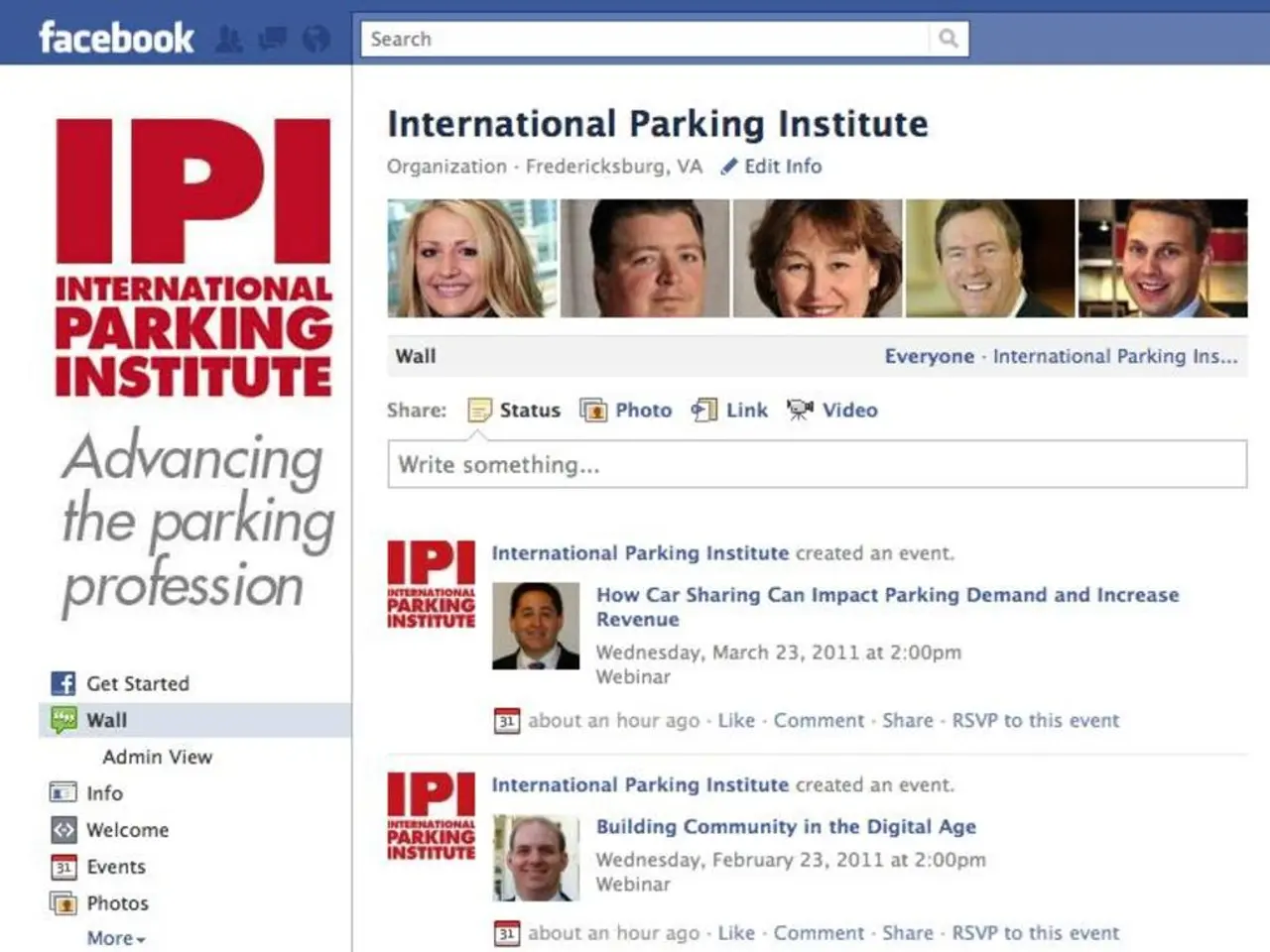In current dating scenarios, are traditional gender expectations gradually losing prominence?
### Title: Modern Dating Dynamics: A New Era of Gender Equality
In the ever-evolving landscape of modern relationships, the push for gender equality is reshaping dating dynamics in profound ways. This transformation is challenging and redefining traditional concepts of masculinity and femininity within contemporary relationships.
#### Trust, Safety, and Pessimism in Dating
Recent surveys suggest that concerns about safety and declining trust are leading many singles to feel pessimistic about dating prospects. This environment, with its fluid gender roles and expectations, is contributing to complex relationship dynamics.
#### Gender Role Confusion and Feminism’s Impact
The rise of feminism has shifted relationship dynamics, creating a degree of gender role confusion, particularly as traditional masculine roles are re-examined. Some men report challenges in navigating expectations as feminism promotes equality and questions previous norms of male dominance or provider roles.
#### Political and Ideological Gender Divides Affecting Relationships
Among young adults, especially Gen Z, increasing ideological divides between men and women around gender equality have been observed. Women tend to be more liberal and supportive of gender equality, while some men lean toward traditional or antifeminist views, sometimes embracing a reassertion of traditional masculinity. This polarization spills over into private life, complicating partner selection and relationship stability.
#### Traditional vs. Modern Gender Roles
Mixed evidence exists on the effectiveness of traditional gender roles in dating. While emotional complementarity and clear role distinctions can reduce friction, rigid adherence to traditional roles often conflicts with contemporary values of equality and partnership. Modern relationships increasingly require flexibility and renegotiation of roles, which can be both challenging and enriching.
#### Redefinition of Masculinity and Femininity
- **Masculinity** is increasingly understood beyond physical strength and breadwinning to include emotional expressiveness, vulnerability, and partnership in domestic and emotional labor. However, this redefinition is uneven and contested, with some men grappling with expectations to maintain traditional masculine identities amid changing societal norms.
- **Femininity** is also evolving away from passive or dependent stereotypes to embrace independence, empowerment, and assertiveness, changing expectations in dating and ongoing relational roles.
#### Impact on Relationship Dynamics
- **Communication and Role Negotiation:** Modern couples often negotiate roles rather than accept predefined ones, leading to more collaborative partnerships but also potential tension when partners’ gender expectations diverge.
- **Increase in Singlehood and Relationship Strain:** The ideological and role conflicts linked to gender equality have contributed to increased singlehood, difficulties in finding compatible partners, and strains within relationships.
- **Shift in Dating Behaviors:** For example, traditional initiation behaviors like men approaching women have changed, influenced by evolving gender norms and concerns about consent and safety, altering dating scripts and dynamics.
#### Summary
The push for gender equality is transforming dating by challenging old gender scripts and promoting new, more egalitarian ways of relating. This leads to both opportunities for richer, more balanced relationships and to new challenges involving political divides, role ambiguity, and shifting expectations of masculinity and femininity. The ongoing negotiation and redefinition of these identities and roles are central to understanding modern dating today.
The transformation of masculinity helps to dismantle toxic masculinity, promoting healthier expressions of masculinity that prioritize emotional well-being and relational harmony. The push for gender equality in romantic partnerships encourages both partners to pursue their aspirations. Modern relationships increasingly reject rigid definitions of masculinity and femininity, allowing for more balanced partnerships. Modern dating dynamics are increasingly characterized by mutual engagement and shared vulnerability, moving away from outdated expectations of emotional restraint and gender-specific roles in romance.
- In modern relationships, extended beyond traditional physical strength and financial provision, masculinity now encompasses emotional expressiveness, vulnerability, and active participation in domestic and emotional labor.
- The evolution of femininity has developed beyond passive or dependent stereotypes, embracing independence, power, and assertiveness, thereby changing expectations in dating and ongoing relational roles.
- As a result of heightened focus on gender equality, communication and role negotiation in modern relationships are becoming more collaborative but can also lead to potential tension when gender expectations diverge.
- Shifts in dating behaviors, such as a changes in traditional initiation patterns, have occurred due to evolving gender norms, concerns about consent, and emphasis on safety, reshaping dating scripts and dynamics.
- Ongoing negotiations and redefinitions of masculinity and femininity are key aspects of understanding modern dating dynamics, offering opportunities for enriched, more balanced relationships but also posing new challenges, like political divides, role ambiguity, and shifting gender expectations.
- By dismantling traditional masculine norms and promoting healthier expressions of masculinity, the push for gender equality in relationships encourages both partners to prioritize their personal growth and education and pursue their individual aspirations.




